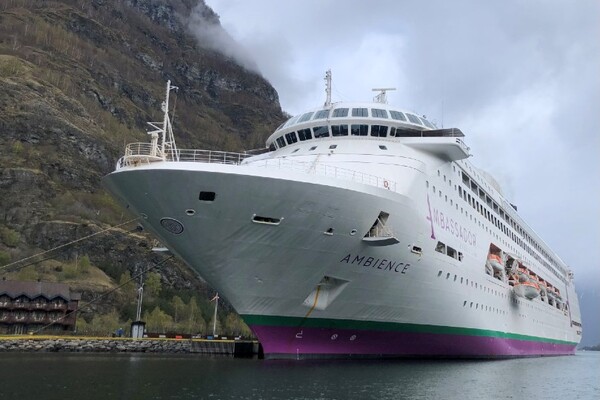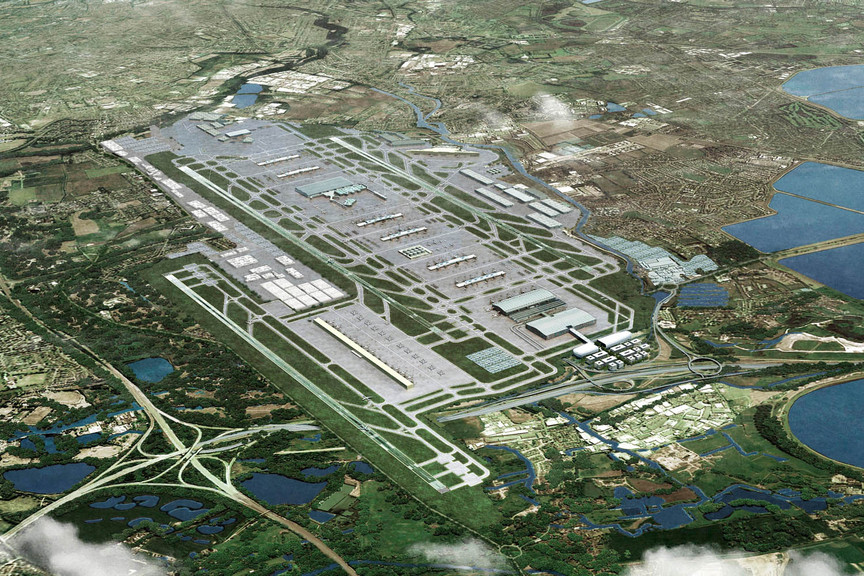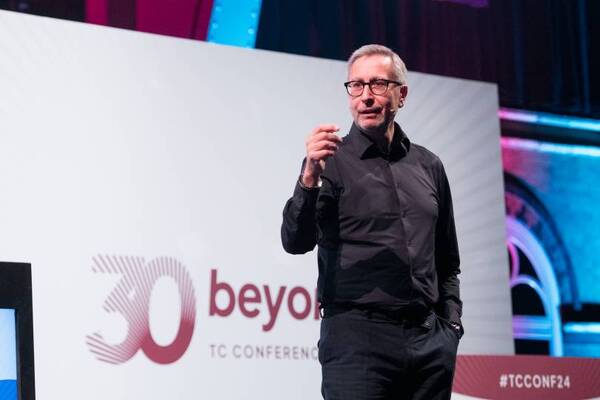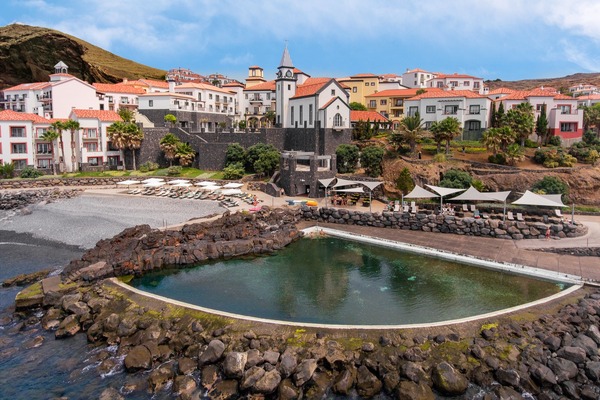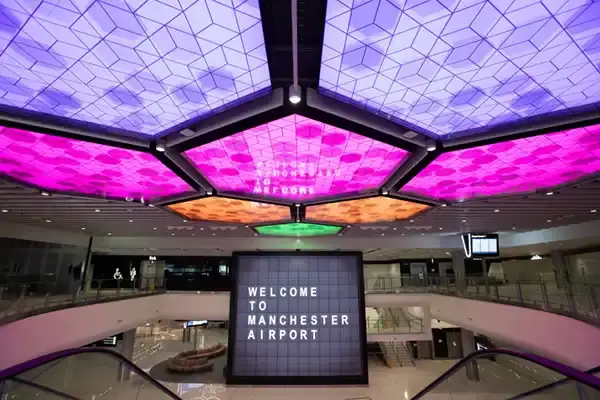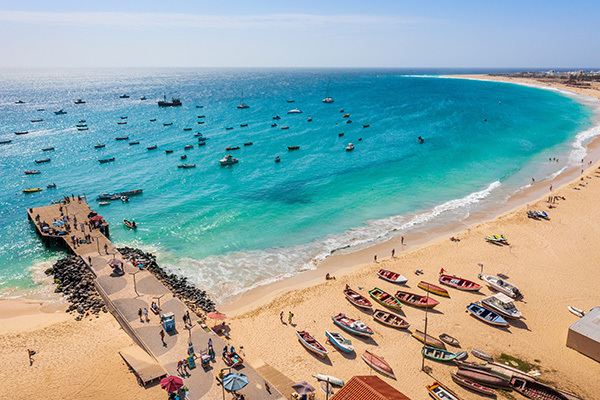'We must lead our own transition to sustainability, and not have it thrust on us'
 Julia Lo Bue-Said
Julia Lo Bue-SaidThis week, I attended Iata’s Wings of Change conference in Istanbul – it was an opportunity for the Advantage Travel Partnership to broaden its visibility across aviation, government and with regulators. I learnt a great deal.
During a session involving some of Turkey’s ministers and Iata chair Mehmet Nane, I found it particularly interesting to hear about the support Turkey received from its government during the pandemic. Their aviation sector was able to avoid making any redundancies, which not only retained skills and experience, but ensured Turkey made a rapid post-Covid recovery, achieving 2019 volumes by the second quarter of 2022.
It’s not often you hear of a country building an airport in one year, but Turkey managed two, so much is the need for connectivity across a vast country where travelling from east to west by rail can take 24 hours. There are many social and political decisions you start to consider with this, but the reality is that connectivity is vital for communities, global trading, jobs, tourism and bringing people together.
I also found it interesting to hear one of the ministers insist luggage handlers are the most important roles in aviation eco-system – something we all now understand so much better – and that these roles are intrinsic to making this eco-system work seamlessly. At the event, we were reminded that in May 2020, the industry witnessed a 95% drop in air traffic, and that the entire aviation sector, together with governments, had to make so many tough decisions in order to survive.
Iata chief executive Willie Walsh was bullish when asked whether aviation had failed customers during the pandemic. He said a number of airports were continuing to provide poor customer service, singling out Heathrow in the UK, adding "elements" of the industry had failed, but not all. He added not all governments had done enough to support aviation.
Looking ahead, the general view at the conference was that high inflation would ensure household incomes continue to feel the squeeze. From a local market perspective, this will benefit Turkey as a popular, value-for-money leisure destination. And as we all know, consumers are sure to prioritise affordability and value next year.
We also know there will be demand for next year, demand the industry may yet struggle to serve as it continues to be plagued by the continuing hangover from Covid, which is making managing day-to-day issues a struggle. With all these challenges to deal with at once, business owners and leaders are sure to feel daunted, but I think we can agree these challenges will be easier to deal with than 95% downturn in traffic.
‘We all have a part to play’
A key topic at the conference was sustainability, and how the industry meets its net zero 2050 obligations. On top of the business-as-usual costs, we learned implementing the necessary sustainability measure to achieve net zero by 2050 will run to €2 trillion. The industry will have no choice but to reflect these increased costs back to the customer.
I think we’ve all heard of the need to improve the supply of sustainable aviation fuel (SAF) as demand far outstrips supply. At the conference, I learned there is still only one company in the whole world making SAF from waste. Finding new ways of producing SAF is a priority for many countries, with the US leading the way. However, this is supported by government policy and incentives to attract the capital required by investors.
The UK government has already commissioned a number of development sites in the UK, but they’re some time from being operational. There is an overwhelming recognition in the industry that progress on SAF is vital, but there needs to be multiple pathways for production at scale.
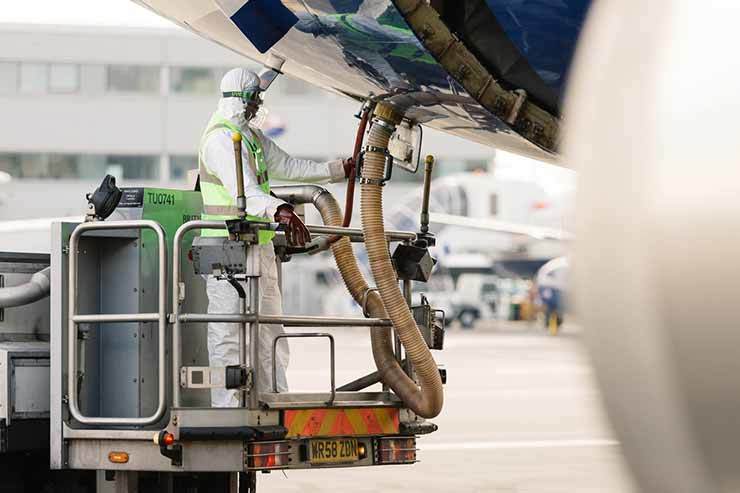
It was quite clear to me from the conference, and feedback from Advantage members over the past few months, that the pathway to delivering long-term sustainable solutions is something we all have to be part of. Across the industry eco-system, we all have a part to play on this journey – and that end touchpoint with clients and travellers will be critical if our net-zero ambitions are to be achieved.
Regardless of whether we think the consumer will ultimately pay, corporates are already some way ahead in their commitment to managing their travel policies to take into account their sustainability goals – and many of our members are already supporting the needs of their business travel customers in this regard.
However, I’m not yet convinced mainstream leisure travellers yet have sustainability front of mind. But this will change, and we can all do our bit by starting to educate our supply chain and our people. I want us to be part of the debate and solution, not for it to be thrust upon us.
Julia Lo Bue-Said is chief executive of the Advantage Travel Partnership.
Sign up for weekday travel news and analysis straight to your inbox

Julia Lo Bue-Said
Supplier Directory
Find contacts for 260+ travel suppliers. Type name, company or destination.



